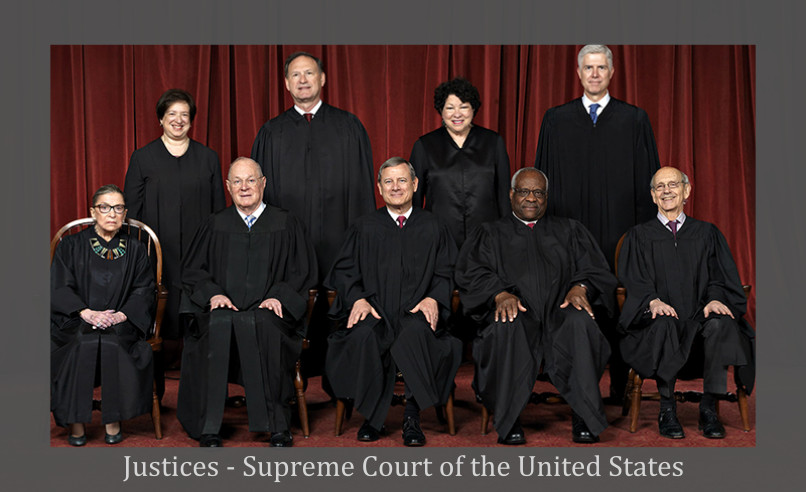
HERMAN AVERY GUNDY,
Petitioner,
v.
UNITED STATES,
Respondent.
INTRODUCTION
The Government defends a version of SORNA that Congress never enacted. Nothing in 34 U.S.C. § 20913(d)—or anywhere else in SORNA—directs the Attorney General to make the Act’s requirements, including its criminal sanctions, applicable to pre-Act offenders “to the maximum extent feasible,” as the Government claims. Brief for the United States (“Gov’t Br.”) 24. Instead, Congress gave the Attorney General unconstrained “authority to specify” whether and how SORNA applies to those offenders. 34 U.S.C. § 20913(d).
Congress’s choice was deliberate. SORNA’s application to pre-Act offenders presented Congress with significant and politically sensitive questions. Among other things, retroactive application raised concerns about fairness (since extending the law’s reach to pre-Act offenders would impose new burdens based on past convictions); federalism (since the bulk of SORNA’s administrative cost would fall on states, many of which objected to wholesale retroactivity); and politics (given the public controversy over sex offender registration schemes generally).
But instead of making the hard choices for itself, as the Constitution requires, Congress passed them to the Attorney General. Unlike other delegations upheld by this Court, Section 20913(d) does not set forth any standard, criterion, or policy to constrain the Attorney General’s decisions. Instead, it allows him to determine, in his discretion, if hundreds of thousands of people will be subject to lifelong registration obligations, backed by criminal punishments. Section 20913(d) therefore violates the Constitution.
The Government’s effort to rescue Section 20913(d) founders at every step.
First, this Court’s precedents foreclose the Government’s efforts to dilute the intelligible principle test and to plumb sources external to Section 20913(d) for some unstated intelligible principle that Congress itself did not provide.
Second, even if the Court could consider the Government’s sources, they do not show that Congress “intended” or “expected”—much less required—the Attorney General to expand the Act to cover pre-Act offenders “to the maximum extent feasible.”
Read the complete filing here: Gundy v United States
